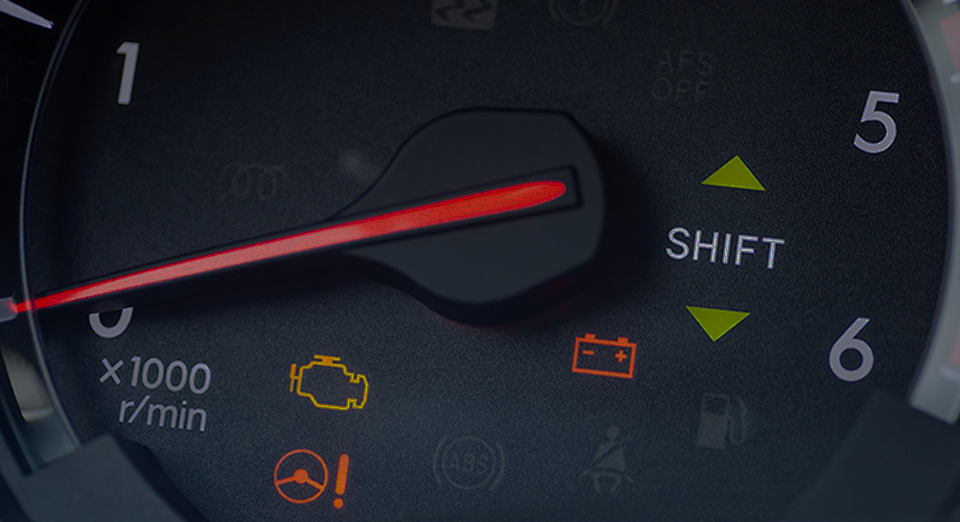20-05-2024

In the previous article we talked about engine flushes, why they’re sometimes necessary, and how to tell if your car needs one. Now we’ll look at how to flush your car’s engine and what precautions you need to take if you do.
First of all, if you decide to flush your engine, we recommend talking advice from a professional mechanic. But if you’re very knowledgeable and you prefer to do it yourself, here are the steps to follow.How To Flush Your Vehicle’s Engine Allowing Car To Idle
Step 1 Drain the old engine oil, keeping the used oil filter in place.




- This isn’t something you should do with every oil change. As discussed earlier, it’s only necessary when there’s a buildup of sludge and debris. For many cars, it shouldn’t be needed at all as long as the oil is changed regularly.
- Every bit of flushing oil needs to be removed after the flush is complete. If any flushing oil mixes with the new engine oil, it can interfere with the oil’s performance.
- Used flushing oil contains pollutants and must be discharged separately to protect the environment. A professional mechanic will know how to dispose of all waste products safely and responsibly.
- Make sure to follow the manufacturer’s recommendations when performing an engine flush. Select a product that is recommended for your engine type, or talk to your mechanic.
